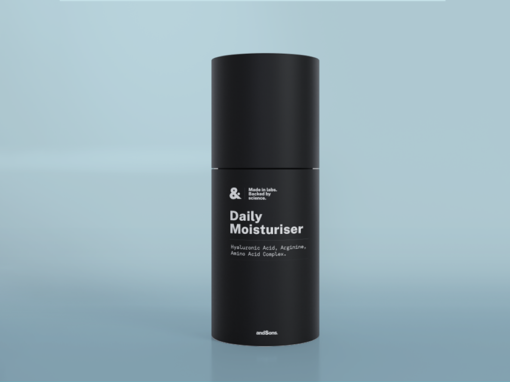Quite popularly known as “couples disease”, Erectile Dysfunction can lead to long term intimacy in marriage or long term relationships.
The AUA (American Urological Association) research has indicated that ED affects almost 30 million males across the globe.
Sadly in most cases, men are very reluctant to seek medical help to treat this problem. If your partner is having issues with erection, it is best to be supportive and encourage him to seek expert medical attention.
Research done by the University of Oregon has provided evidence that men who have opened up to their partners regarding their sexual problems are less stressed than those who didn’t.
In certain instances, psychologists have noted that men who are mentally affected by their sexual dysfunction gradually get distant from their partners.
The article is a part of our comprehensive series on Erectile Dysfunction
Impact of ED on relationships
There is no doubt that healthy sexual activity plays a pivotal role in strengthening the bond between couples.
Research conducted in 2014 have shown that ED can make men feel:
- Angry
- Depressed
- Feel less masculine
- Feeling disconnected from the spouse
- Socially isolated
- In denial etc
Another 2016 review has shown that Erectile Dysfunction can make a person feel confused, undesirable, anxious or suspicious that the partner is not faithful to him.
Coping with Erectile Dysfunction in a relationship
Let’s accept the fact. ED can be quite mentally and emotionally tiring for any couple.
However, the good news about ED is that it can be effectively treated with the correct form of medication and therapies.
If your partner is diagnosed with Erectile Dysfunction, it is essential to keep in mind that you need to offer emotional and mental support to the best possible level.
If possible, do join your partner when he has a consultation with a medical professional. This will help you to understand various options and available treatment methods.
Sometimes a medical professional will ask the patient to undergo various tests to choose the best possible treatment method. If so, this is the best time to show support to your partner. Here are some of the effective ways you could do so.
1. Keep an open communication
ED is known to cause guilt and embarrassment in men. As a result, they feel reluctant to approach their partners or show any forms of intimacy.
The sad thing about this is that women might not be aware of this and might misinterpret this as a rejection.
If you are undergoing a tough situation like this, it is better to have healthy and open communication to clear any misunderstanding or confusion and be comfortable as partners.
2. Counselling
This is one of the best-proven ways to stop ED from affecting your relationship.
Having a session with a certified counsellor will give you a private and non-judgemental space to discuss various issues you face with ED.
Your counsellor will carefully evaluate your situation and give you various remedies to manage the mental unrest caused by ED.
3. Alternate means to show intimacy
Sexual intercourse is just among innumerable ways to show intimacy. If you are suffering from ED, there are several other means to show intimacy while you’re being treated.
This includes kissing, caressing, cuddling, holding hands, non-sexual touching etc.
Sexologists often advise men to show various forms of non-penetrative sexual activity to reduce the burden of expectation for men to perform.
How to discuss ED with your partner?
Several men find it extremely uncomfortable to open up about their erectile dysfunction problem. However, as we have mentioned at the beginning of this article, effective communication is the key to solving this issue.

Think about the best venue and time to discuss this with your partner. How about your favourite holiday spot in the city or a walk in the park?
For women, it is better to reassure your partner that ED is completely treatable and you will be with him throughout the journey.
Contact us at andSons Singapore and get evaluated for a suitable treatment plan.
References
Alexander W. Pastuszak(6 Sep 2014)Current Diagnosis and Management of Erectile Dysfunction, Available at https://www.ncbi.nlm.nih.gov/pmc/articles/PMC4394737/[Accessed 19 Sep 2021]
R T Seagraves(10 May 2000) Depression and erectile dysfunction, Available at https://pubmed.ncbi.nlm.nih.gov/19667520/[Accessed 19 Sep 2021]




